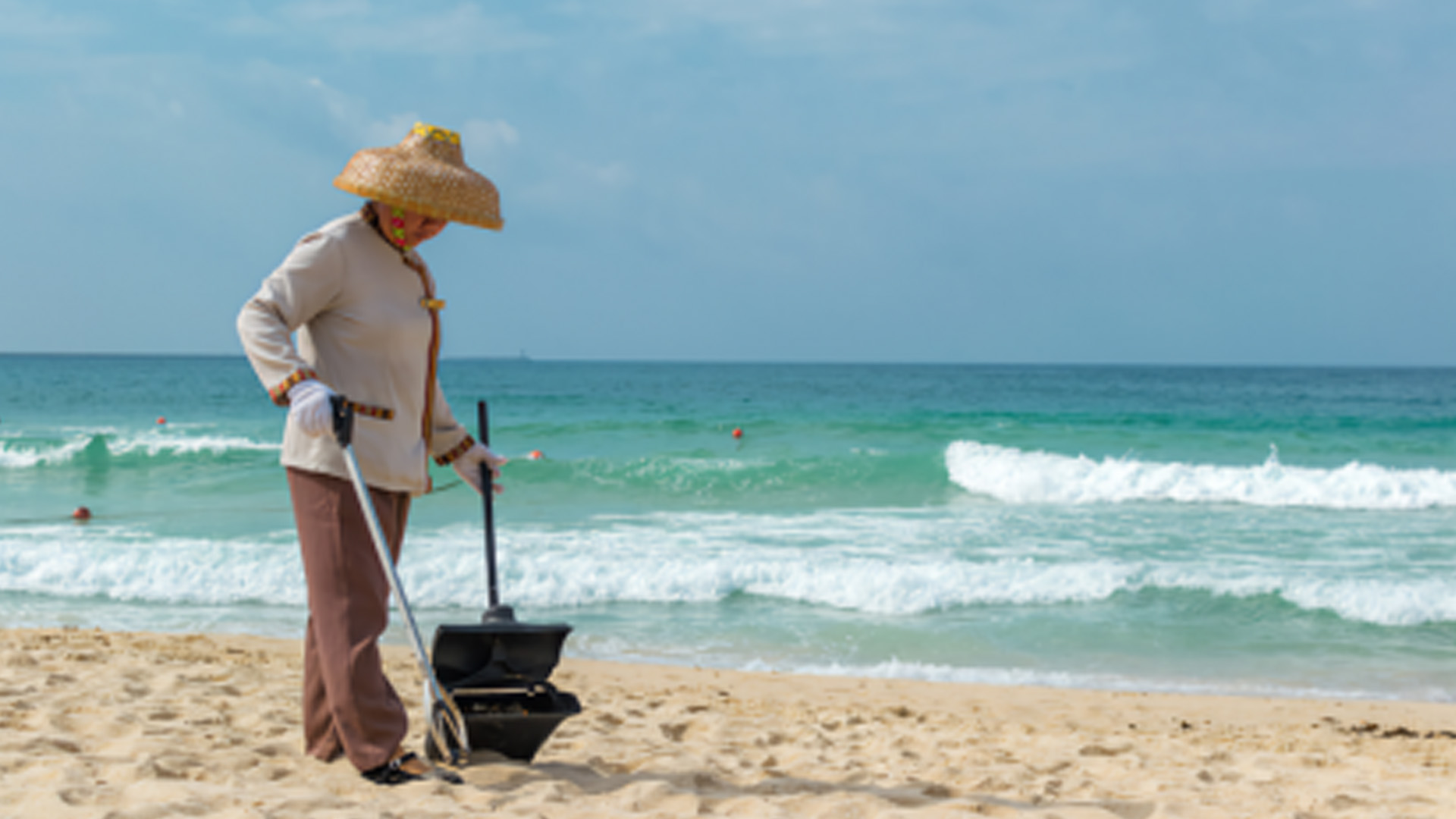The Asia-Pacific Economic Cooperation (APEC) has released a set of guidelines to push the forum’s work in environmental services and marine debris management.
The guidelines encourage member economies to focus on services that support the clean-up of marine debris from beaches, rivers, coastal areas, and the open ocean, according to a written statement from the APEC Group on Services received here on Wednesday.
Marine debris refers to plastic and other litter, discarded and lost fishing equipment, industrial rubbish, and other human-created waste that enters the seas and oceans.
A 2020 report by the APEC Ocean and Fisheries Working Group estimated that marine debris costs the region nearly US$11 billion annually and the figure will reach US$216 billion by 2050.
The APEC Non-binding Guidelines on Services that Support the Clean-up of Marine Debris were welcomed by the APEC Ministers Responsible for Trade when they met in Detroit last May.
“Under the guidelines, APEC members will, amongst other things, endeavor to promote trade and investment in marine debris clean-up services and to reduce relevant barriers,” Convenor of the APEC Group on Services, Thomas Fine, said.
The group spearheaded the development of the guidelines, drawing from the APEC Reference List on Environmental and Environmentally Related Services endorsed at the 2021 APEC Ministerial Meeting.
“Economies will work together to develop a market for marine debris clean-up services, including by reviewing unnecessarily restrictive regulations, by fostering private sector engagement, and by facilitating the transition to a circular economy,” Fine stated.
“While the best solution to the marine debris challenge is to stop plastic pollution from reaching the oceans in the first place, there is also an urgent need to strengthen marine debris clean-up efforts, the burden of which too often falls on coastal communities in developing economies,” he added.
The 2019 APEC Roadmap on Marine Debris underlined the severity of the challenge and APEC members’ desire to address it by encouraging collaboration on promoting relevant research and innovation, as well as knowledge-sharing.
“The economic cost of inaction on cleaning up marine debris is far-reaching,” Executive Director of the APEC Secretariat Rebecca Sta Maria said.
“Marine debris not only impact operations of marine shipping and transport vessels but also the tourism sector as debris gets washed up on beaches and our shores. Add to this the impact on marine life, in general, and the fishing industry specifically,” she added.
“These guidelines will support our work in addressing a key environmental issue for our ocean-bound region, reiterating the key role that APEC plays in supporting green growth,” Sta Maria continued.
The guidelines advise members to advance people’s movement and skills, making it easier for service providers and researchers to conduct business and access the market. They also ask members to consider giving providers’ vessels access to port facilities. (PNA)





















